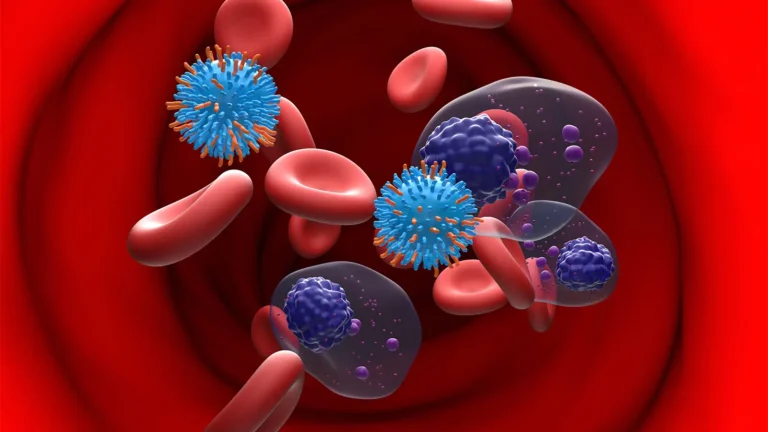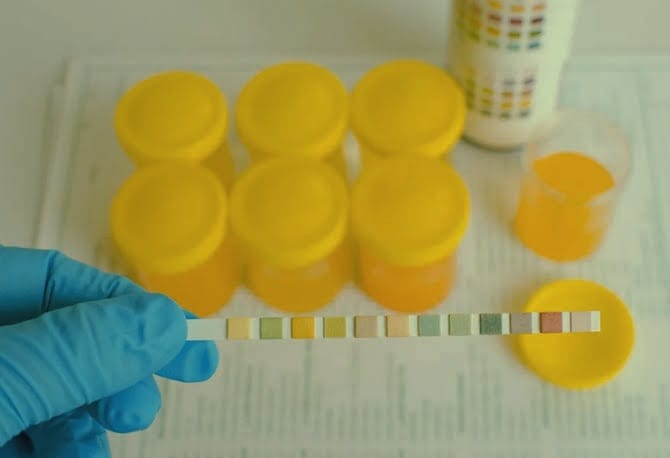Watery Discharge during Pregnancy
Watery discharge, also known as leukorrhea, is normal during pregnancy and is nothing to worry about. It is a thin, transparent or milky white substance that helps to keep the vagina clean and infection-free.
Watery pregnancy-related discharge is very common and usually increases in weight as the pregnancy progresses. In fact, heavy discharge at the end of the third trimester can be a sign that labor is about to begin.
Causes
- Vaginal Secretions Increasing
Increased blood flow and estrogen in the pelvic area during pregnancy can cause vaginal discharge. Usually thin, clear, or milky white, with a slight odor, this discharge is called leukorrhea.
- Incontinence of Urinary
Stress incontinence is a condition in which some women leak urine from their bladder due to the pressure of their growing uterus. This can happen when they cough, sneeze or exercise. It can be confused with vaginal discharge.
- Infections
This is a common pregnancy infection that can produce a thin, watery discharge that sometimes smells like fish. If left untreated, bacterial vaginosis (BV) can result in complications. Therefore, treatment is essential. Some sexually transmitted infections (STIs) can cause increased discharge, which may be watery in nature. To prevent complications for both mother and baby, they need medical attention.
- Cervical Changes
This condition can lead to increased discharge, which is the presence of glandular cells from the cervical canal on the outer surface of the cervix. Although usually harmless, it should be evaluated by a health care professional.
- Leakage of Amniotic Fluid
Amniotic fluid leakage is a source of water leakage that is more problematic. Premature rupture of the membranes (PROM), a small tear or rupture in the amniotic sac, can cause this. This liquid can smell delicious and is often clear or slightly yellow. If it occurs before 37 weeks of pregnancy, it may be a sign of preterm PROM (early onset of labor) or other problems.
Types of Watery Discharge in Pregnancy
- White Discharge
During the beginning and end of your period, white discharge is normal. On the other hand, a yeast infection may be indicated if you have a thick white discharge with itching.
- Yellow or Green Discharge
Vaginal discharge that is green or yellow is unhealthy and may indicate an STI, such as trichomoniasis or chlamydia. Genital redness or itching are additional possible symptoms. Sometimes STIs have no symptoms.
- Brown Discharge
The discharge, which is often brown in color and can be an early sign of pregnancy, is caused by old blood from the body. Pregnant women who experience brown discharge usually do not need to worry. Still, expectant mothers should call their doctor if they have dark brown discharge.
- Spotting Blood/Red Discharge
Intermittent periods can sometimes cause spotting between cycles or during ovulation. You may also experience spotting or brown discharge in the early stages of pregnancy, which is consistent with your regular period. If you think you may be pregnant and are experiencing irregular spotting in the middle of your cycle, you should see a healthcare professional or get a home test.
- Pink Discharge
It’s not always typical to have pink discharge during pregnancy. The latter few weeks of pregnancy, when the body is getting ready for delivery, are when pink discharge usually happens. In the case of an ectopic pregnancy, it may also happen prior to miscarriage.
When To Call Doctor
A normal, healthy aspect of pregnancy is discharge that is thin, clear, or milky. If you notice any deviation from your normal discharge, however, you should contact your doctor. These may include:
- Strong green or yellow color
- A foul smell
- A viscous or thick liquid
- Symptoms such as burning or itching may indicate an infection
- The presence of streaks of blood or a pink or brown color may indicate early implantation bleeding or labor after pregnancy.
- Discharge of amniotic fluid or urine that is yellow in color and consistency may be the cause.
Symptoms of pregnancy such as watery discharge are frequent and rarely need to be taken seriously. Thus, just observe what is normal for you and watch for any deviations. Notify your doctor if your discharge changes in appearance or smell, or if you think your water may have broken.
Conclusion
Pregnancy can cause an increase in vaginal discharge, but it’s important to note the type of discharge and the symptoms that accompany it. It is important to discuss any concerns with your healthcare professional to protect your health and the health of your unborn baby.







